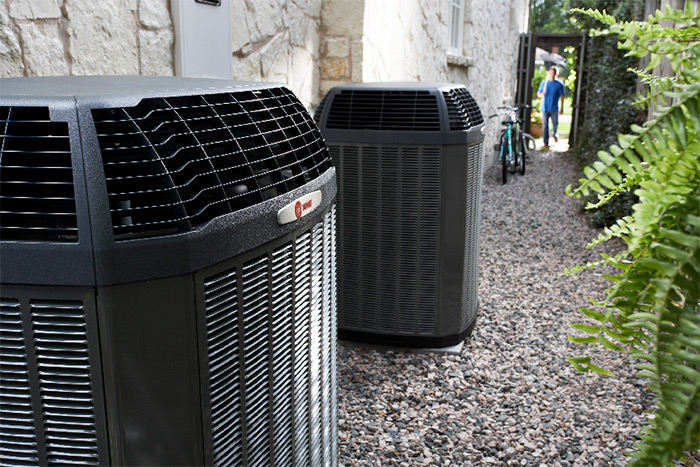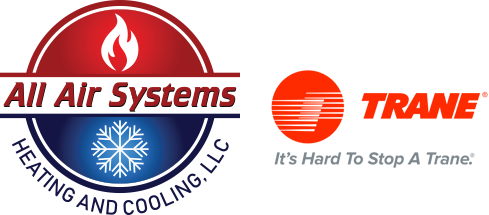
But is buying a high-efficiency air conditioner a simple no-brainer? While high efficiency systems cost more upfront, the advantages make the cost well worth it. Here’s a breakdown of high-efficiency air conditioners and whether you should seriously consider buying one.
Pros
- 1. Lower utility bills
- Efficiency in air conditioners is commonly measured in SEER, or Seasonal Energy Efficiency Ratio. When shopping for an air conditioner, the SEER rating is an important detail to look for. Higher SEER numbers mean units are more energy efficient. The minimum rating is 13, and a rating above 16 is considered high efficiency. There are now units with SEER ratings as high as 23.
Air conditioners with higher SEER ratings use less energy to cool your home, which means lower energy bills for you. More than half of the energy used in your home goes to heating and air conditioning. Switching from an 8 SEER to a 16 SEER can save you as much as 50%—that’s why high efficiency systems usually pay for themselves in just a few years.
- 2. Better for the environment
- Less energy translates to fewer greenhouse gas emissions, and less electricity means fewer fossil fuels are burned. Not only will you be saving money, you’ll have a positive impact on the environment. Modern high efficiency units also use an environmentally-friendly coolant called R-410A or Puron, which doesn’t affect the earth’s ozone as much as Freon.
- 3. Humidity
- High efficiency units can also control humidity levels more effectively than lower efficiency systems. These high efficiency units run longer cycles at lower pressures. This avoids problems (such as mold) created when units cool the air too fast and without proper moisture removal.
- 4. Better air flow
- High efficiency units have motors of variable speeds, which translates into consistent air flow in your home. Improved air flow, in turn, makes for a better-regulated temperature. It also helps remove impurities and prevent mold. The upgraded filtration system means you’ll have a healthier breathing environment.
- 5. Less noise
- With high-tech sound-absorbing materials, high efficiency models are much quieter than their older counterparts. You’ll feel the coolness, but not hear it.
- 6. Longer life
- Because high efficiency systems cycle on and off less frequently, repairs are usually few and far between. They will also last longer than lower efficiency systems. This is assuming, of course, that the unit is subject to routine preventative maintenance.
Cons
- 1. Upfront costs
- In short, you’ll pay more for units with a higher SEER rating. The units themselves are more expensive, and you’ll also have to pay for installation, which costs, on average, $700. Modifying your ductwork can cost an additional $2,000. You may also have to pay for a permit and inspection by the city, as well as a disposal fee if your old unit is being removed. For a detailed estimate, look for a reputable HVAC dealer who sells and installs high efficiency A/C units. A free consultation is the perfect opportunity to fill in the gaps and ask key questions.
Should you take the leap?
If you can afford the upfront costs of a high efficiency unit, the benefits are well worth it. It may take a year or more for the unit to begin paying for itself, but once it does, you’ll enjoy the savings for years to come. Today, more premium air conditioning manufacturers (such as Carrier) are moving their entire products lines further along on the efficiency spectrum. As average SEER ratings continue to rise, high efficiency units definitely seem like the wave of the future.
